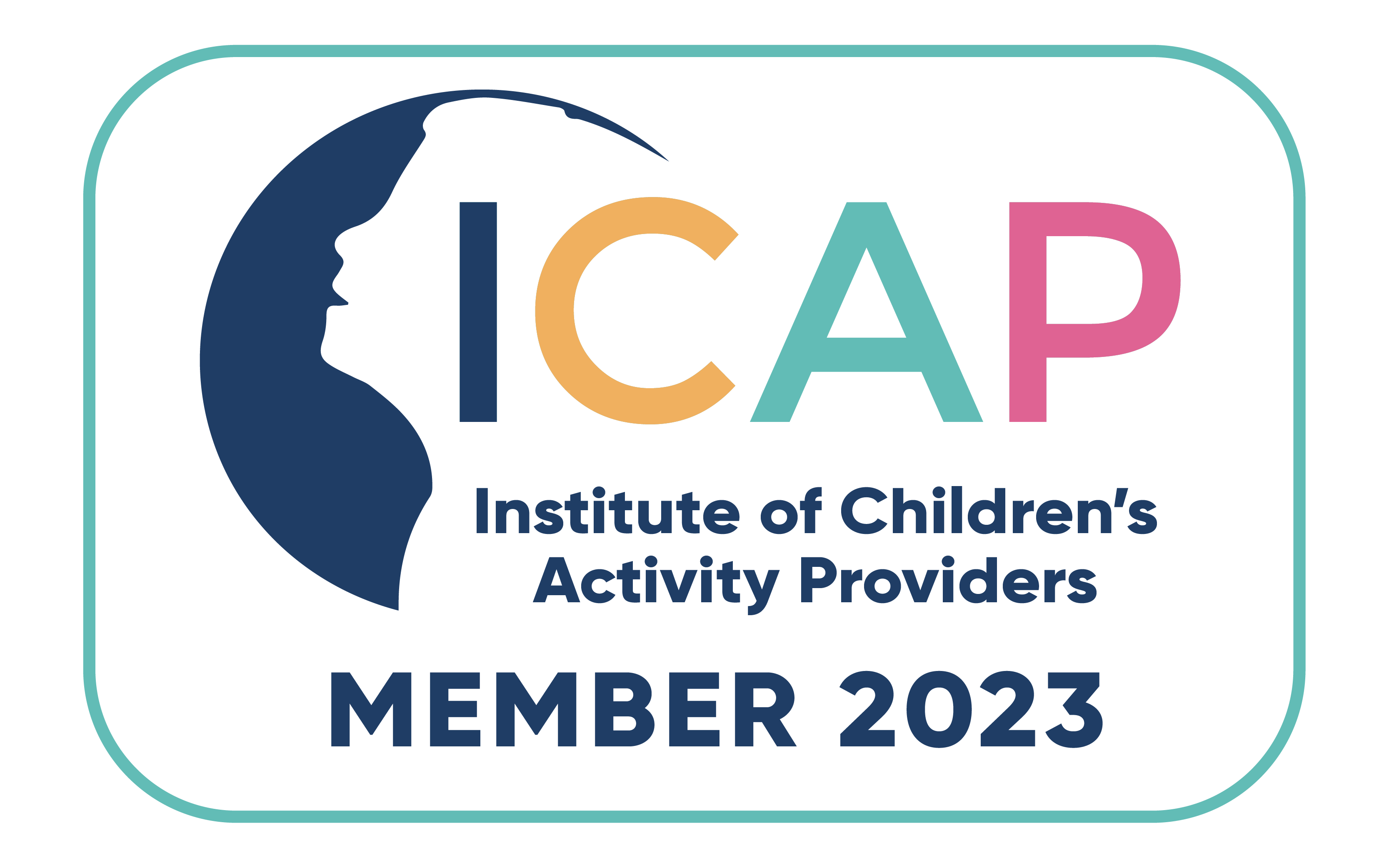By Phil Cole and Jude Hill
It takes a lot of hard graft, tenacity and commitment to be an actor and we know that many of our students have a real passion for the performing arts. Being professional actors and singers, we regularly sit in during the drama and singing lessons in our school and take the time to demonstrate the power of interpretation of lines and lyrics. It’s important to us that we take the time to listen to students in order to hear their questions about aspects of the industry and to encourage them by telling them how rewarding our careers have been for us in so many different ways.
Performing offers us both physical and mental challenges and therefore stimulates a great amount of simultaneous brain activity, which makes it a huge benefit to all young people whether they want to go on to be professionals or not. Being creative is very much a part of what we do, whilst also necessitating a discipline in our work ethic. This is an important contributor in our growth both as people and performers.
We have lots of capable students at Leeds who are looking to pursue acting and performing professionally so we advise them on how to prepare for a drama school audition. This is what students and their parents should think about in preparation:
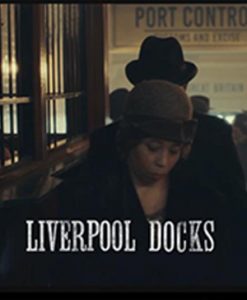
Budget: Auditioning for drama school isn’t cheap! Budget around £100 per audition, this includes the audition fee, travel and accommodation. Search on the Internet for Scholarships and Bursaries.
Be Picky: Only audition for drama schools that you really want to go to, but make sure you don’t just apply to one, it massively reduces your chances of getting in.
Research: Before you even think about auditioning for drama school, you need to research the schools themselves. Are you for LIPA? Are you for RADA? Each institution will appeal to a different personality. Research the schools very carefully, and don’t just choose particular schools because they are famous or your favourite actor went there! Look outside London – and think of Universities too, many offer BA Hons Degree Courses in Performing.
Applying: There are lots of forms to fill in. Make sure you get ahead of the game and get your applications in early. Have some good passport size photos ready to send with them. Don’t put it off! The longer you wait, the later your scheduled audition will be, and fewer places will be left.
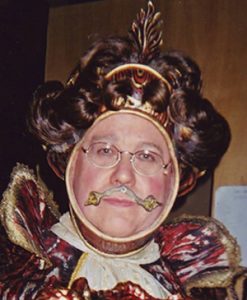
Talent: Teachers are looking for students that have ability. It is a complex system made up of lots of different factors and talent isn’t one of them. If you want to go to Drama School, forget about talent and start working hard.
Coaching: Get some drama school audition coaching, a little help goes a long way. Some of your Razzamataz teaching staff will have been to drama school so ask them!
Monologue: There’s no such thing as the perfect monologue but don’t ever choose something 50 years old as your contemporary. There’s hundreds of Shakespeare monologues, so don’t choose the first easy one you find. Spend some time looking on the Internet for powerful pieces and then make sure that the psychological action of the character in each piece actually contrasts! The audition panel will love that.
Be you: Drama schools aren’t looking for all the same type of person, but what you do need to be is: mature, confident, relaxed, pleased to be there, happy to perform, not afraid by their requests, well-presented (but not fancy), intelligent, thoughtful and likeable.
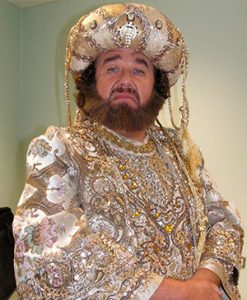
Top tips for young actors
- Always be prepared to work hard, very hard.
- Understand your script, listen to experienced professionals, don’t be afraid to ask questions and make lots of notes.
- Don’t make excuses, even if they are actually genuine reasons.
- Watch as much as you can and lots of different genres whether they interest you or not.
- No one ever wants to hear criticism but the only real way to improve is to listen very carefully to the feedback and respond to it positively.
- Whether you like it or not, you may never play a lead role in your life. Nobody ever said that life was fair, so just get on with making the most of the opportunities that you do get.
- Watch yourself in a mirror delivering lines – people pull the silliest faces at times when they are “acting” – let your face help the viewer understand your meaning.
- Work out what’s in your control – work as hard as you can to change the things that you can control and forget the things you can’t
-
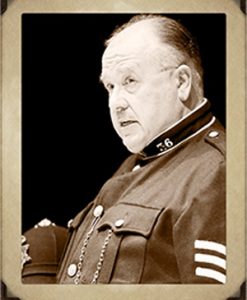
Phil in T S Eliot play at West End Theatre Donmar Warehouse This is a really challenging profession and you might sometimes want to just give up. When someone gives up on becoming an actor after the first few rejections, they really didn’t want it enough.
About the authors
Phil is a professional actor and singer performing in London’s West End, theatres and concert halls all around the UK, Europe and beyond including the Middle East. Phil also extensively works in television. Jude has a wealth of experience as an actress and singer including many television appearances in Emmerdale, Peaky Blinders, The Royal Today, Bodies and many more. Jude has sung at The Royal Albert Hall and across the UK in many professional concerts alongside stars of the West End stage. Jude has also featured on CD recordings. Both Phil and Jude are Co-Principals of Razzamataz Leeds.

















